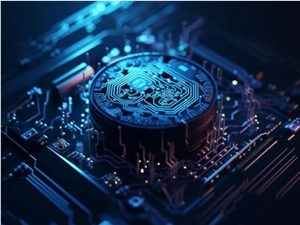In the realm of AI, it seems we are standing on the threshold of a new era. Dario Amodei, CEO of Anthropic, recently published an extensive 15,000-word article, envisioning a future driven by AI, where technology not only brings unprecedented prosperity and societal advancement but also abundant resources.

He firmly believes that the so-called "powerful AI" could emerge as early as 2026, surpassing Nobel laureates in intelligence and capable of accomplishing a range of tasks from proving mathematical theorems to writing excellent novels.
In Amodei's vision, AI will be able to control any software or hardware, including industrial machinery, essentially replacing most of the work humans do today and doing it better.
He even predicts that within the next 7 to 12 years, AI will help us treat almost all infectious diseases, eliminate most cancers, cure genetic disorders, and potentially prevent Alzheimer's disease in its early stages. He anticipates that human life expectancy could double to 150 years.
However, such optimistic forecasts also raise some doubts. Can AI really achieve such a monumental leap in such a short time? Today's AI technology is far from being able to fully replace human thinking and innovation. Moreover, even if AI makes breakthroughs in certain areas, its application in fields like medicine and law still faces challenges of bias and implementation difficulties.
Nevertheless, Amodei's vision undoubtedly offers a compelling perspective on how AI could shape the future. His article is not only a bold prediction of AI's potential but also a profound reflection on how technology can drive societal progress.
Read the article here: https://darioamodei.com/machines-of-loving-grace
Key Points:
🌟 Anthropic CEO publishes a lengthy article, predicting AI will bring societal prosperity and technological advancement.
🚀 By 2026, AI is expected to be smarter than Nobel laureates, capable of complex tasks.
🧠 AI applications will extend to the medical field, potentially treating multiple diseases and extending human lifespan.









